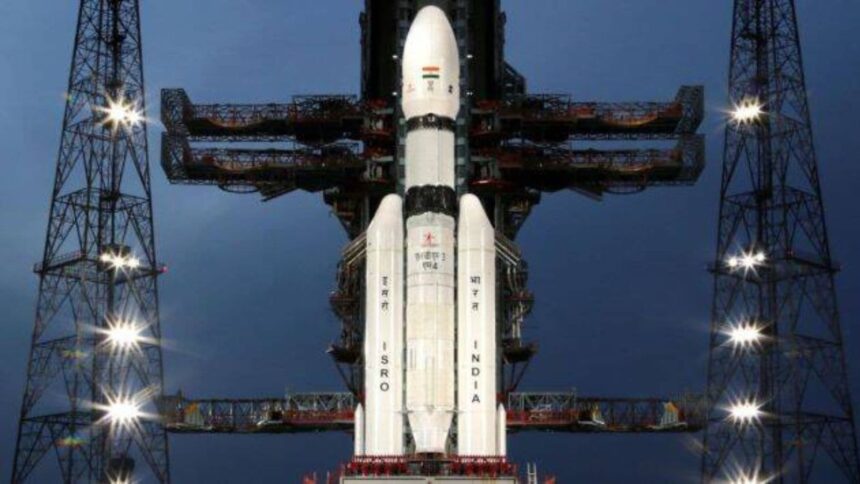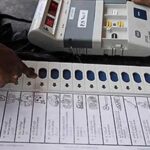India’s space programme is not just about scientific exploration but also about empowering its citizens and helping its economic and social development, Prime Minister Narendra Modi said in a pre-recorded message at the Global Space Exploration Conference 2025 on Wednesday.
The Prime Minister’s video message for the conference, being held in New from May 7 to 9, came hours after India carried out military strikes at multiple terrorist targets in Pakistan in an early morning raid.
The pre-recorded message, addressing the delegates of the conference, obviously did not have any reference to this morning’s actions.
“For India, space is about exploration as well as about empowerment. It empowers governance, enhances livelihoods and inspires generations. From fishermen alerts to (data for) Gatishakti platform, from railway safety to weather forecasting, our satellites look out for the welfare of every Indian,” Modi said.
“India’s space journey is not about racing (with) others. It is about reaching higher together. Together, we share a common goal to explore space for the good of humanity. We launched a satellite for the south Asian nations. Now, the G20 satellite mission, announced during our presidency, will be a gift to the global South,” he said.
Modi said India’s space programme had a string of major achievements that could be utilised for the benefit of the world as a whole.
“From launching a small rocket in 1963 to becoming the first nation to land near the South Pole of the Moon, our journey has been remarkable. Our rockets carry more than (just) payloads. They carry the dreams of 1.4 billion Indians. India’s achievements are significant scientific milestones. Beyond that, they are proof that human spirit can defy gravity,” he said.
“India made history by reaching Mars on its first attempt in 2014. -1 helped discover water on the Moon, Chandrayaan-22 gave us highest resolution images of the Moon, Chandrayaan-3 increased our understanding of the lunar South Pole. We built cryogenic engines in record time. We launched 100 satellites in a single mission. We have launched over 400 satellites for 34 nations on our launch vehicles. This year, we docked two satellites in space, a major step forward,” Modi said.
“We continue to march ahead with renewed confidence pushing the boundaries of scientific exploration. Our first human spaceflight mission Gaganyaan highlights our natin’s rising aspirations. In coming weeks, an Indian astronaut will travel to space as part of a joint -NASA mission to the International Space Station. By 2035, the Bharatiya Antariksh Station will open new frontiers in research and global cooperation. By 2040, Indian footprints will be on the moon. Mars and Venus are also on our radar,” he said.
The Prime Minister said Indian space companies were in the process of building world class technologies and had revitalised the space sector.
“Today, India has over 250 space startups. They are contributing to cutting edge advancement in satellite technology, propulsion systems, imaging and much more. It is even more inspiring that many of our missions are being led by women scientists,” he said.
“We strive not just for our own growth but to enrich global knowledge, address common challenges, and inspire future generations,” he said.








